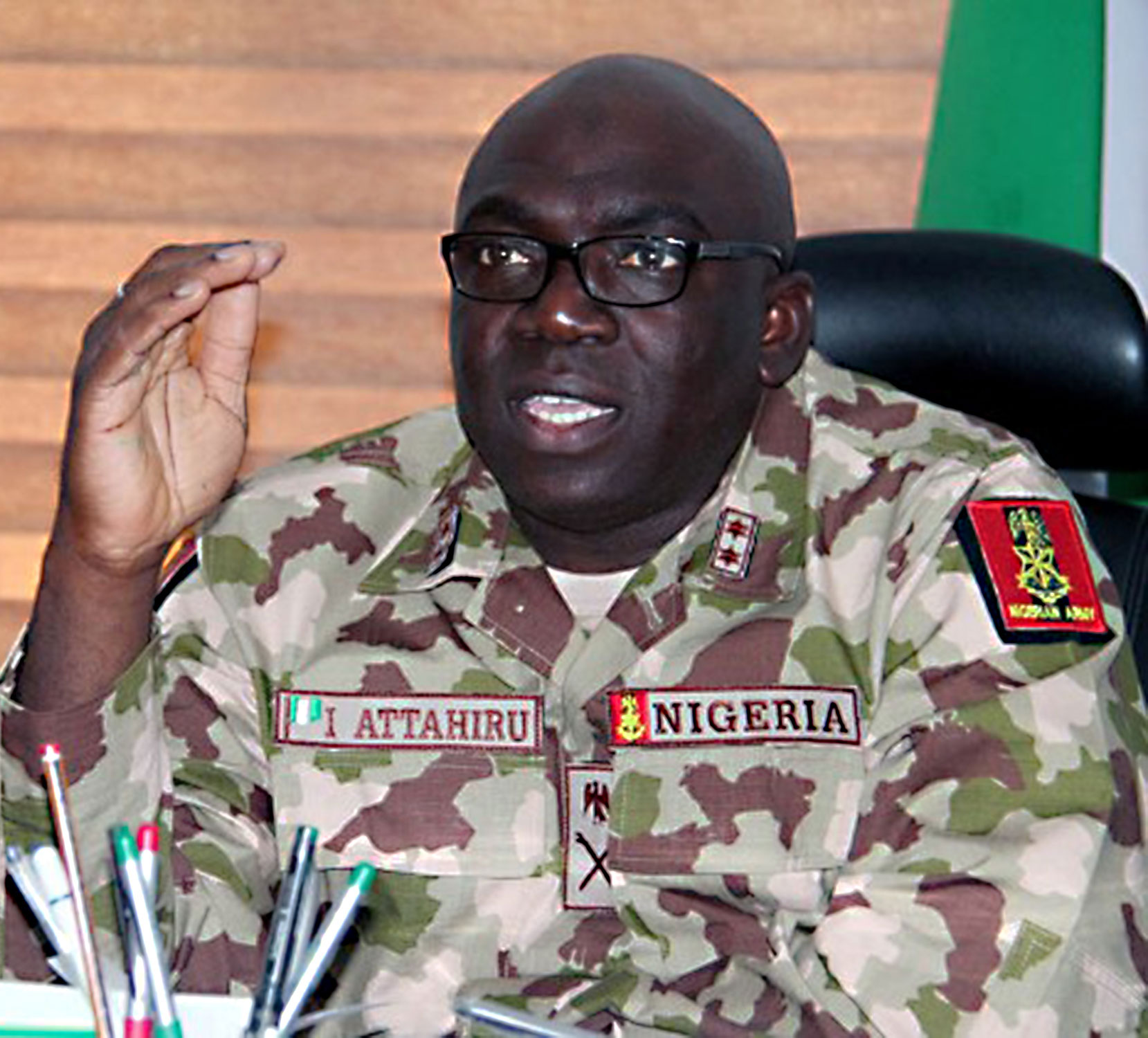The crash of Air Force passenger jet Beechcraft KingAir B350i at about 6.00 pm at the Kaduna International Airport on Friday, May 21, was not only shocking, but it also calls for sober reflection on safety standards in the country’s military and their implications in the fight against terrorists and bandits. In the crash, the recently appointed Chief of Army Staff, Lt General Ibrahim Attahiru, died along with 10 other top military personnel. Without a doubt, this death has punctured the enlarging faith harboured by the Nigerian public that under General Attahiru, terrorists, who have dragged Nigeria to the precipice, would be rooted out sooner or later. As the Presidency put it in their initial reaction to the COAS’s death on Friday, the crash “was one mortal blow to our underbelly, at a time our armed forces are poised to end the security challenges facing the country.”
The crash in Kaduna puts in doubt the maintenance culture in the Nigeria Air Force. In February this year, one of this brand of passenger aircraft, Beechcraft KingAir B350i, crashed on its way to Minna, Niger State, killing all seven persons on board. At that time, the Chief of Air Staff ordered an investigation by the aviation Accident Investigation Bureau (AIB) into the fatal accident, but the outcome of that investigation has not been publicized. It has become critical for the military, which uses this aircraft, to know why this brand went down twice at the time of landing within a space of three months.
- Anger as governors choose Malami son’s wedding over burial of army chief
- Last moments before COAS Attahiru died in crash
There have been eight crashes involving this brand of aircraft since 2015, though the manufacturers claim safety measures are in the plane. On its website, the manufacturers claim that “The aircraft is equipped with four hydraulically operated multi-disc, metallic-lined brake assemblies, one at each main gear wheel. The brakes are applied by toe pressure on the pilot’s or copilot’s rudder pedals.” However, since 2015 there have been worries in the global aviation sector over multiple crashes of Beechcraft KingAir planes, especially at take-off. On October 30, 2014, one crashed in Wichita Kansas, US. On December 22, 2015, another crashed in New Delhi, India. On February 21, 2017, another brand of passenger plane crashed in Melbourne, Australia. On July 30, 2019, a similar brand belonging to Pakistan Army, King Air 350i, crashed in Rawalpindi, Pakistan, killing all five aboard and on the ground. On September 1, 2019, another crashed in Calamba, Philippines. On July 15, 2020, another brand of this aircraft crashed on Mount Artos, Turkey. With these crashes, at take-off and landing, we call on the Air Force to properly investigate other Beechcraft KingAir planes on its fleet in order to prevent further crashes.
Unfortunately, it is not only Beechcraft KingAir planes belonging to the Nigeria Air Force that have crashed. Since 2015, there have been eight such accidents, among them, four in Kaduna, two in Abuja, one in Hong, Adamawa State, and one Alpha Jet in Borno State. Even now, the whereabouts of one of its planes is unknown, as it has not been confirmed if it crashed or not. The frequency of incidents involving Nigeria Air Force planes diminishes the confidence Nigeria has in the military. Apart from the loss of lives, a lot of money is lost as highly expensive aircraft are destroyed in such accidents. For instance, the latest model of Beechcraft KingAir plane 350i costs as much as $8 million (N3.3 billion) to procure. Older models cost between $4 million (N1.650 billion) and $4.5 million (N1.857 billion). These are huge sums of money.
Whether it is indiscipline or the lack of maintenance, the plane crash in Kaduna has denied Nigeria the opportunity of benefitting from the expertise, determination and leadership of the late Lt. General Ibrahim Attahiru, whose military career was rich and promising. Among many local and international positions he held before his appointment as Chief of Army Staff, Lt General Attahiru was Commanding Officer 146 Battalion Nigerian Army (Operation HARMONY IV) in the Bakassi Peninsula, Commander, 13 Brigade Nigerian Army (Operation PULO SHIELD), General Officer Commanding 82 Division Nigerian Army. He had also served as Theatre Commander Operation LAFIYA DOLE (the Counter-Terrorism and Counter-Insurgency Outfit in North-Eastern Nigeria) and made a lot of impact on the battlefield.
As Nigerians mourn the exit of the Chief of Army Staff, we call on the military to look inward and put its house in order because the fight against terrorists and bandits cannot be won in an atmosphere of confusion. May the souls of the COAS, and all others involved in the Kaduna crash rest in peace.

 Join Daily Trust WhatsApp Community For Quick Access To News and Happenings Around You.
Join Daily Trust WhatsApp Community For Quick Access To News and Happenings Around You.


